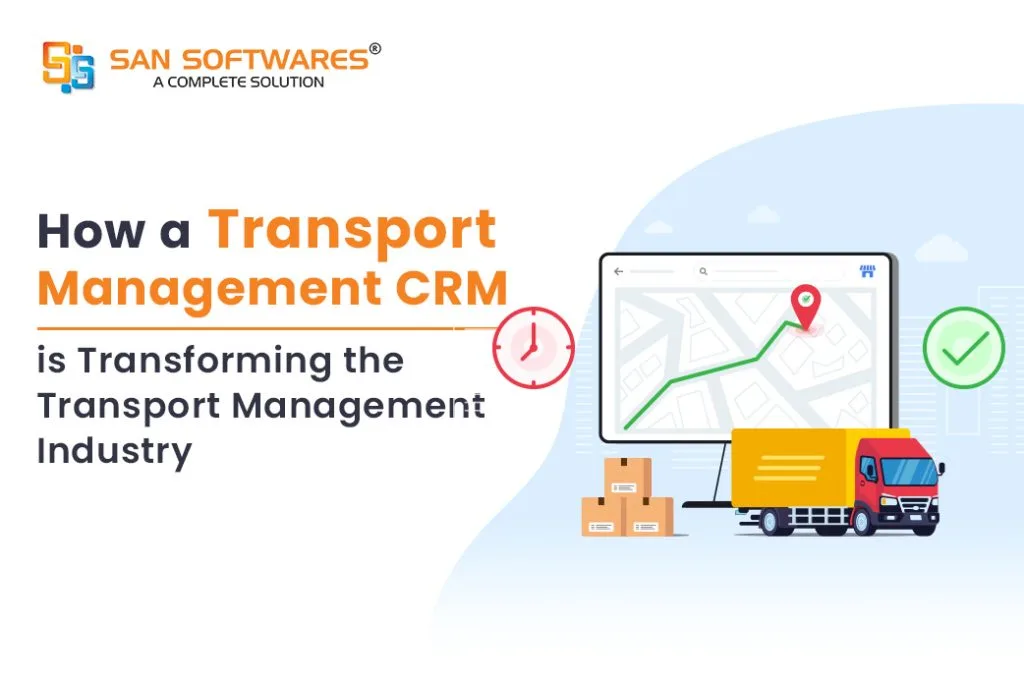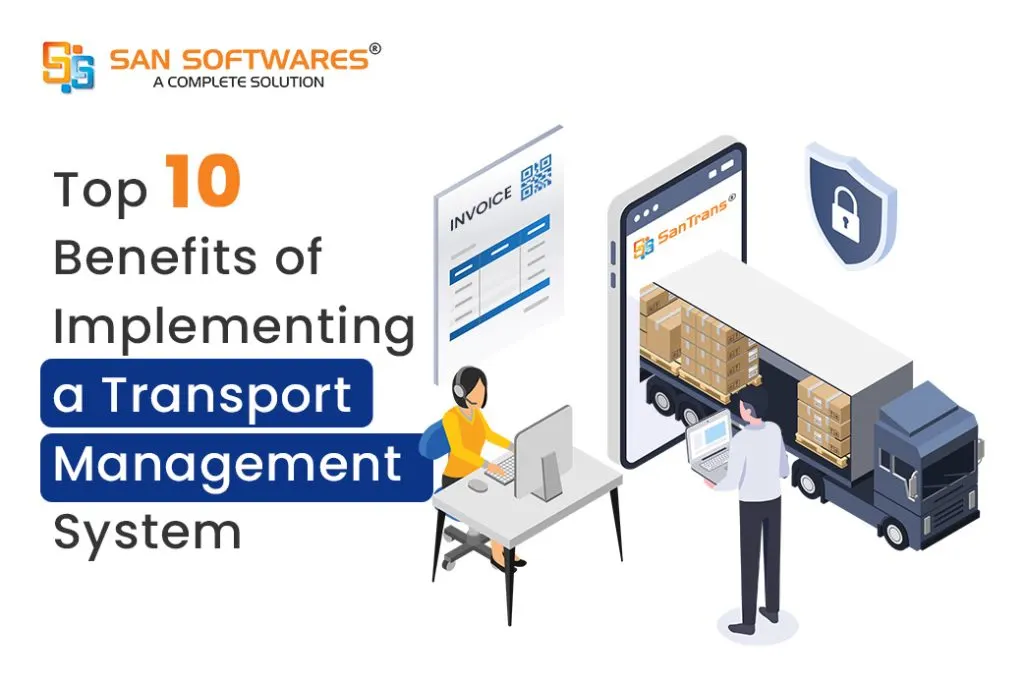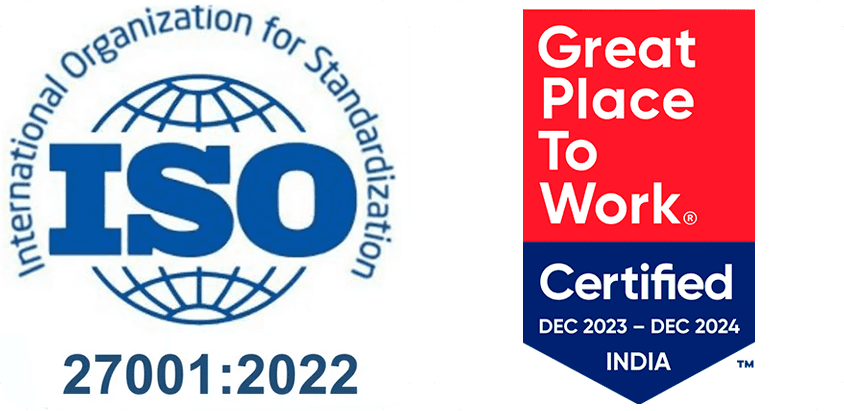Table of Contents

The transport industry, long characterized by complexity, has to date seen the modernization of its operations with the introduction of technologies that optimize processes and efficiency. Some of the current innovations that have changed the face of logistics include Transport Management CRM. This CRM integrates the functionalities provided by a transport management system, popularly known as TMSs, with the power of customer relationship management. This integration will enable enterprises to optimize their logistics systems, raise their standards of customer service, and operate most effectively.
Transport operations can become complex, ranging from planning deliveries to responding to clients’ inquiries and handling paperwork. A Transport Management CRM may integrate all these things under one main hub. The integration will help in the automation of some tasks that include:
Customer satisfaction is that which any transport company requires to achieve success. Transport Management CRM enables firms to have a good account of their clients: contact details, other preferences on services rendered, and previous interactions. Businesses can offer personalized services, respond to inquiries more quickly, and resolve issues in real-time with such information.
Track customer feedback and improve accordingly.
Businesses, with enhanced communication, coupled with greater customer ties, would be able to foster loyalty and ensure repeat business.
One of the key benefits of a Transport Management Software is the real-time tracking and visibility it provides. With the Transport Management CRM, business entities can keep track of where their vehicles and shipments are at any given time, thus providing business organizations with more accurate ETAs and updates on transportation status. This also affords companies real-time response opportunities in case of any issues or delays.
Route optimization is the key for transport companies in curtailing their costs and delivering within the shortest time possible. With a Transport Management CRM, one can have an analysis of traffic patterns, fuel consumption, and distance to give one the best route that will save on cost on fuel besides ensuring deliveries in time; this makes timely deliveries critical to enhancing customer satisfaction.
Route planning is very effective in cutting the cost of operations and subsequently results in improving the service offered to customers since business organizations are now more effective at delivering according to schedule.
A company needs to have access to precise and prompt reports in today’s knowledge-driven world that can help formulate the proper decisions at the right business time. Transport Management CRMs offer robust reporting capabilities that let you stay on top of key metrics such as delivery times, fuel consumption, driver performance, and customer satisfaction.
Automated reporting saves time and effort for delivering actionables that support scale and operational betterment in transport businesses.
Compliance with transport regulations helps prevent fines or penalties. Transport management CRMs are useful tools for business to ensure the proper management and updating of documentation and records, like hours on the driver’s log or reports for vehicle maintenance.
From such proper availability of compliance information, businesses shall avoid expensive mistakes and be assured of being within the legal boundaries.
Transport organizations use a set of different software systems for their operations, be it accounting software, an inventory management system, or telematics. A transport management CRM can be entirely integrated with such systems and provide a unified platform for managing all the different aspects of transport operations.
Transport management CRMs can also be integrated with other software for optimizing the efficiency of a business and saving unnecessary time from data entry, where more valuable activities can be achieved.
A Transport Management Software is a game-changer in the transport management industry, cutting across more operations, improving customer relationships, and giving real-time visibility into every transaction process carried out through transportation. A Transport Management CRM can be beneficial to small transport businesses and even large logistics companies. There are features like route optimization, automated reporting, compliance management, and other abilities that can build efficiencies – for example, reducing costs and delivering better experience to customers.
Evidently, time goes by, and the transport industry evolves. As such, any business seeking to stay competitive and forward-prepared for meeting the demands of a modern market would greatly benefit from implementing Transport Management CRM.

A transport management CRM can optimize the improvement of delivery times of a firm by offering real-time tracking as well as optimizing routes. A transport management CRM analyzes aspects such as traffic conditions, weather, and the way fuel is utilized in recommending the best routes possible. The system provides business monitoring of vehicle locations in real time. This is more efficient for making route adjustments on the fly if necessary. This would, therefore allow organizations to minimize routes and provide full visibility into all the processes in transportation in real-time. Delivery takes place on time, thus eliminating unnecessary delays.
Absolutely, yes. Transport Management CRMs are quite helpful for companies of all sizes. These systems help small transport companies make the running of the firm a much streamlined, manual-process-thin, and customer-relationship-enhanced process. It is even possible for smaller businesses to operate with far less inefficiency through automation of common tasks like dispatch scheduling and route optimization. Lastly, the CRM also allows small companies to personalize customer service, which might be one difference in an otherwise competitive arena.
Implementing a Transport Management CRM could be too complicated, but many of these systems are well built to be very friendly and easy to use with the rest of your tools. Most software houses offer courses and support to help your team work through the transition to the new system. Cloud-based CRMs practically provide no downtime in relation to significant IT infrastructure, so even businesses without an internal IT staff will have an easier time setting the system up. The long-term benefits are more put into perspective with the improved efficiency, cost savings and more customer satisfaction than the effort it takes to set up the system.
SAN Softwares is a company dedicated to providing complete software solutions to Corporate and end-user customers.

SAN Softwares is a company dedicated to providing complete software solutions to Corporate and end-user customers.

© 2026 SAN Softwares Pvt Ltd | All Right Reserved
Enter your details to receive an OTP